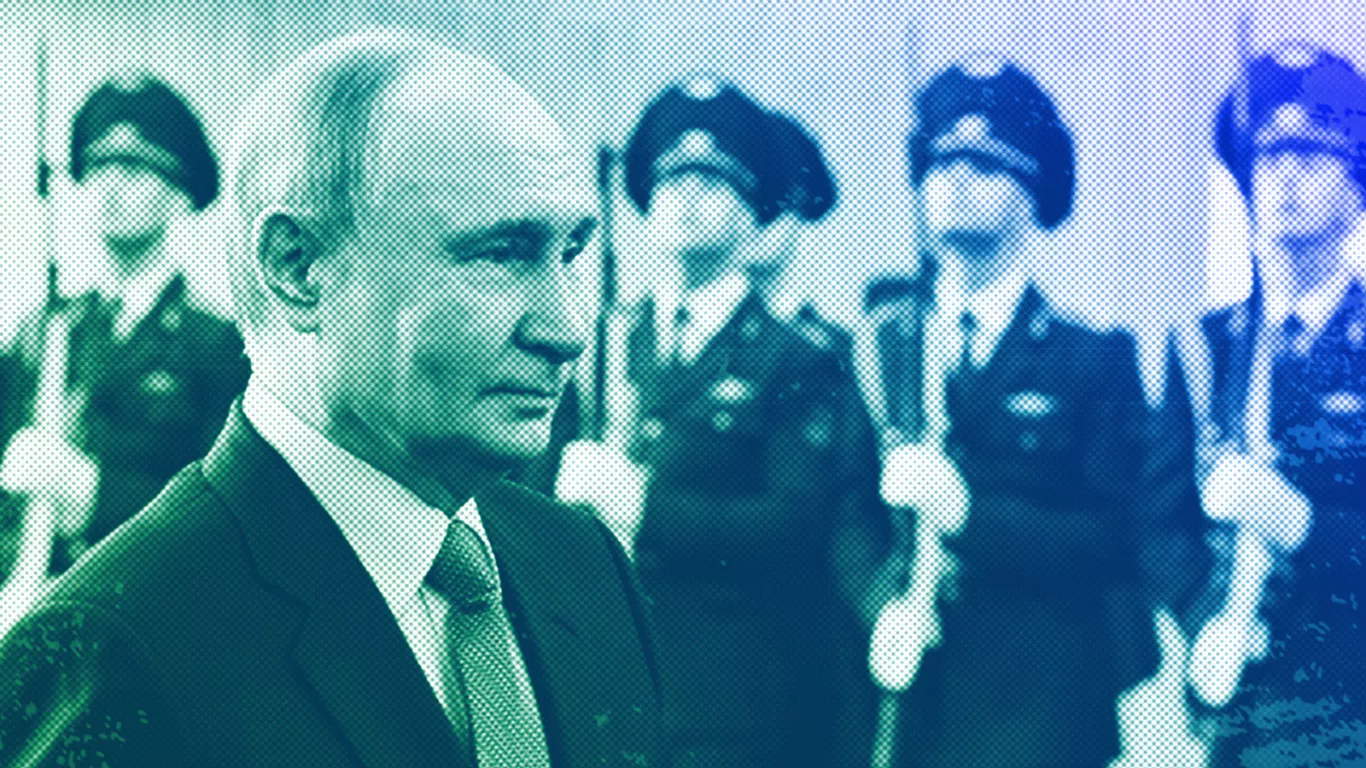In recent months, Serbia’s foreign policy has become a serious irritant for the Kremlin. A series of steps — from arms deliveries to Ukraine and agreements with the EU, to contracts with France and the U.S. — have been perceived in Moscow as nothing short of betrayal. Russia is now believed to be attempting to destabilize the Serbian government, writes Euronews, citing former U.S. Ambassador John B. Craig.
Trump’s Disappointment and Moscow’s Aggression
As Craig notes, U.S. President Donald Trump initially hoped to swiftly end Russia’s war against Ukraine. But six months into his second term, he was forced to express disappointment with Vladimir Putin, who continues to refuse to end the war that has been raging in Europe for three years. The latest phone conversation between the two leaders, according to Craig, yielded no progress — on the contrary, the Kremlin appears more entrenched in its confrontational course.
Now Russia has turned its attention to Serbia — a traditionally friendly Balkan nation that has recently been leaning more toward the West. According to Moscow, Belgrade crossed a “red line” when it was revealed that Serbian arms had long been supplied to Ukraine. Russia’s intelligence services claim that rockets for multiple launch systems and mortar shells (or their components) were sold through companies in Bulgaria and the Czech Republic. This marks the second official rebuke from Moscow to Belgrade in the span of a month.
Kremlin Reaction: Accusations of Betrayal
In Moscow, the move was labeled a “stab in the back.” One of the loudest voices was that of Aleksandr Dugin — the ultranationalist Russian philosopher often referred to as “Putin’s brain,” who has been under U.S. sanctions since 2015 for supporting Russian aggression in Ukraine. According to Dugin, “President Vučić of Serbia has lost legitimacy.” He also voiced support for ongoing protests in Serbia, which have continued since the deadly canopy collapse at a construction site in Novi Sad on November 1, 2024. Protesters have been rallying against corruption, negligence, and substandard construction.
In response to the scandal, President Vučić unexpectedly announced a halt to all military equipment exports — but that was not enough to temper Moscow’s rhetoric.
Lithium: The Geopolitical Metal
The Kremlin is also concerned about other moves by Belgrade. In July 2024, Serbia signed a strategic agreement with the EU and Germany to create a battery supply chain, granting Europe access to Serbia’s raw materials — especially lithium.
Lithium is a crucial metal for battery production, and Serbia — with its large deposits in the Jadar Valley — could become a leading European supplier. Then-Chancellor Olaf Scholz described the deal as a “mega-project” that could significantly reduce Europe’s dependence on Chinese suppliers. If realized, the $2.4 billion (€2 billion) Jadar project could meet up to 90% of Europe’s current lithium needs.
But the deal sparked mass protests in Serbia. Tens of thousands rallied in Belgrade, fearing irreversible environmental damage to the Jadar Valley. Many demonstrators waved flags featuring the combined colors of Russia and Serbia — a symbol interpreted by the Kremlin as a sign of potential popular support.
Meanwhile, Russia appears eager not to lose out on the region’s resources. According to Euronews, Russian troops recently took control of one of Ukraine’s most valuable lithium deposits near the village of Shevchenko in the Donetsk region. This leaves only two of Ukraine’s four key lithium fields under government control.
The French Contract and U.S. Support
Further provoking Moscow, Serbia signed a €2.7 billion deal in December 2024 to purchase Rafale fighter jets from France’s Dassault Aviation. This marks a significant departure from Serbia’s historical reliance on Russian arms and signals a shift in security alignment.
At the same time, the U.S. has deepened its support for Belgrade. The U.S. Export-Import Bank (EXIM) approved a preliminary $50 million (€42.8 million) commitment to Serbia’s Telekom Group to support the rollout of its 5G network. The deal aligns with Washington’s broader strategy to counter China’s technological influence and falls under EXIM’s China and Transformational Exports Program (CTEP), one of ten key sectors prioritized by the U.S. government.
Is Moscow Striking Back?
In light of these developments, diplomatic observers believe Russia may now be actively trying to destabilize Vučić’s government. It remains unclear whether Putin has crossed the “red line” reportedly set by Trump early in his presidency. However, one thing is evident: Moscow’s defiance and aggressive behavior in neighboring regions have not gone unnoticed by the Trump administration.
As former Ambassador John B. Craig notes, “Moscow’s continued defiance and rogue activities in its neighborhoods have awakened the Trump administration.” Washington may soon be forced to impose even harsher sanctions if the Kremlin continues to escalate.
This article was prepared based on materials published by Euronews. The author does not claim authorship of the original text but presents their interpretation of the content for informational purposes.
The original article can be found at the following link: Euronews.
All rights to the original text belong to Euronews.


















